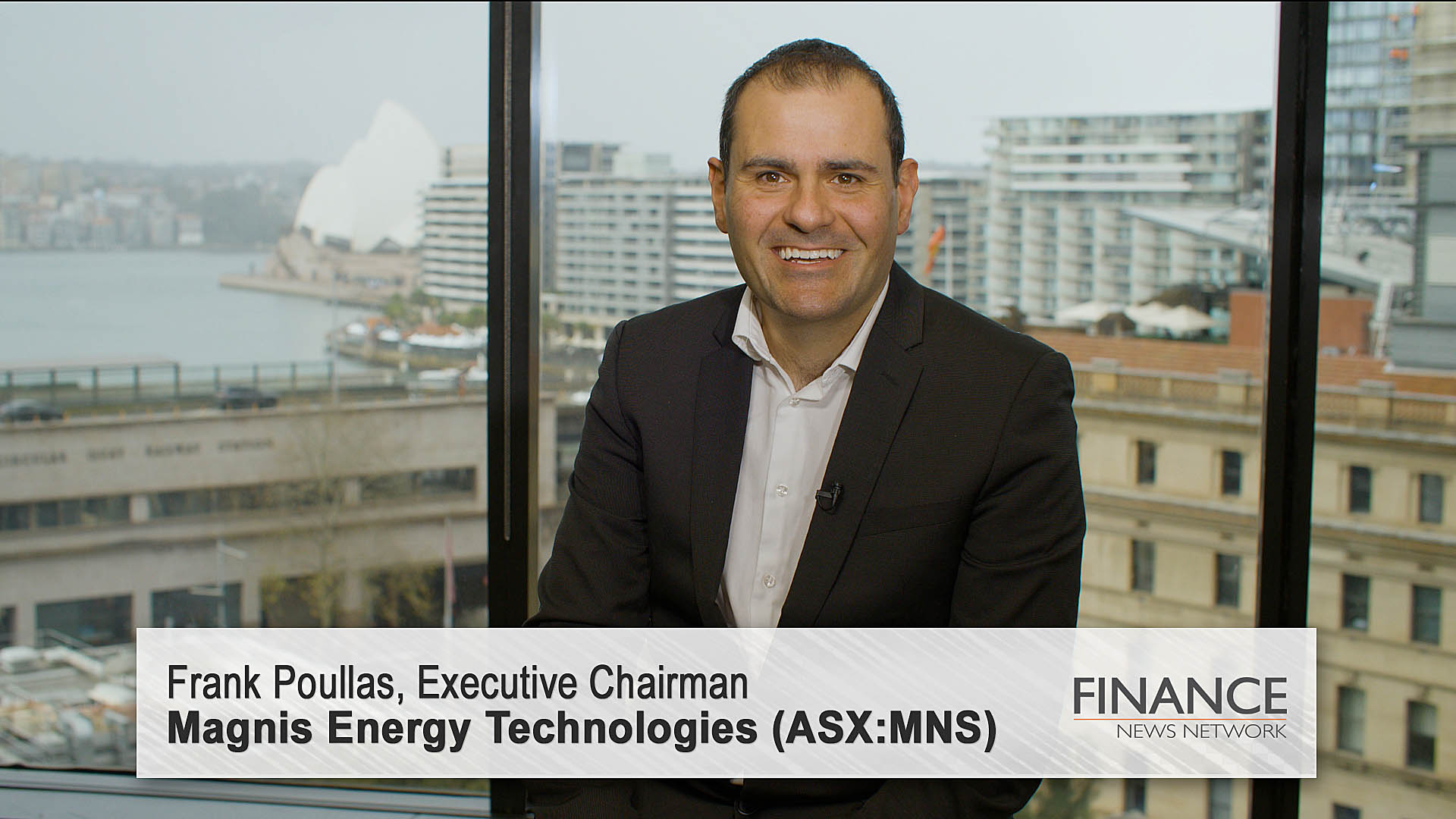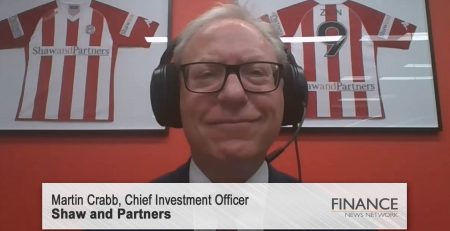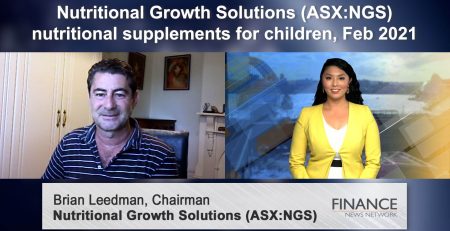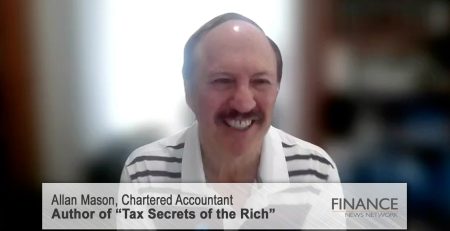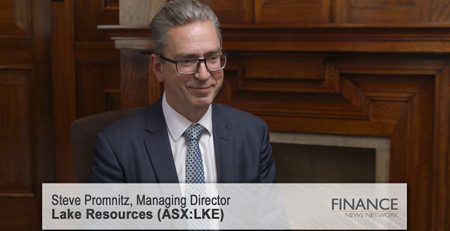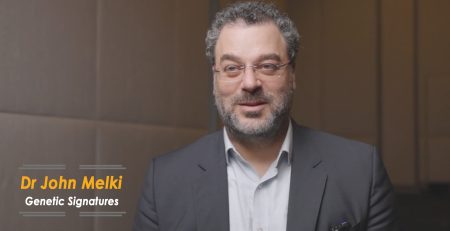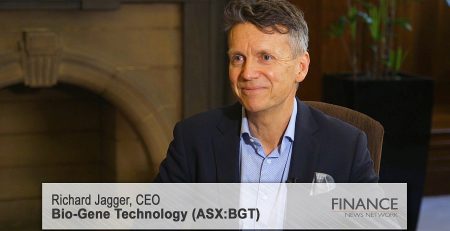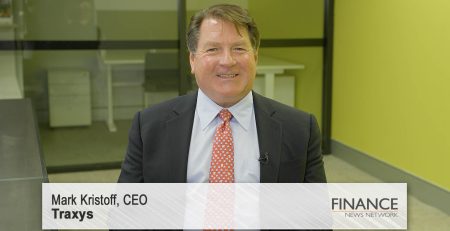Magnis’s iM3NY lithium-ion battery plant begins commercial production
Magnis Energy Technologies Limited (ASX:MNS) Executive Chairman Frank Poullas discusses the pathway to revenues and increasing capacity as the company's battery gigafactory commences production.
Tim McGowen: We're talking today with the Chairman of Magnis Energy Technologies (ASX:MNS). Frank, nice to see you face to face. Thanks for your time.
Frank Poullas: Thanks Tim. Thanks for having me on.
Tim McGowen: Frank you've announced today that your new New York battery factory will commence commercial production. Now, iM3NY is America's first homegrown battery cell gigafactory. Congratuations on achieving such an amazing milestone in North America. Can you talk us through the scale and the size of the plant?
Frank Poullas: The capacity of the plant is 1.8 gigawatt hours, but we do have plans to grow up to 38 gigawatt hours by 2030, and it'll just be a continuous ramp-up period. Our partners in C4V and ourselves have been working on this project for the last six to seven years. So, it's a huge day for us to start production. Just some info around the plant, we have 22,000 square meters — which is, to sort of break it down, larger than three professional football fields. The project also has a huge ESG aspect. Pretty much all the power produced comes from hydroelectric, and we've had that qualified by groups previously, and independent groups, in regards to those. The cells we'll be producing will be some of the greenest in the world. We currently own around that sort of 60 per cent mark of the plant, and between ourselves and C4V we're above that 90 per cent ownership for the New York battery plant.
Tim McGowen: Of course, Frank, the battery plant is a little bit late. You've obviously had to address global supply constraints and COVID. Can you talk through the significance of today's announcement?
Frank Poullas: We start our production now, and then we've got a quality assurance period of about five weeks, making sure all the batteries we're producing, the thousands of them, are all working fine from a manufacturing point of view, everything's going well. We will then have revenues starting towards the end of September. So, from that aspect, extremely important, but then also going back onto the delay, while there was a minor delay, in the face of everything that is going on around the world, around supply chain issues, around delays in shipments, we think it was an amazing result to get into production within only, you know, four or five weeks of what was our goal.
Tim McGowen: And, Frank, how many battery cells will you make and have you made, and when will you get to peak production?
Frank Poullas: So, with the commercial production just having begun overnight, the plan is for a few thousand cells to be produced during August. And then that will continually ramp up, all the way up to about 15,000 cells. But then, as probably a bit of a disclaimer there, our plans are to grow exponentially very quickly. So, I think it will just be a constant ramp up and there'll be just added capacity built into the project as time goes on. So, I feel like it'll be many years of just a continual ramp-up period.
Tim McGowen: Frank, and in the past, you've announced binding sales agreements of around $729 million. Can you remind us who those counterparties are and what's the tenure of those agreements?
Frank Poullas: Yeah, so the majority of those agreements are between three and five years, and more towards the energy stationary storage space, even though there are a couple that are in the transportation space as well. And with those, a few of those agreements are also US government suppliers.
Tim McGowen: And, Frank, will some of the battery cells go to US government suppliers and have they already been qualified?
Frank Poullas: Yeah, Tim. So, we've got a number of groups who are suppliers to the US government. They have been qualified. And what you find with the offtakes that we have, and typically in the lithium-ion battery space, you go through a qualification period. And once you go through that qualification period and they've tested your cells in their products, you then get offtakes on the back of that. So, to answer your question, yes, they've been qualified.
Tim McGowen: And, Frank, so in summary, with this agreement, we're talking about a battery plant going into commercial production, you've got offtake agreements in place, the battery cells have been qualified. I suppose the next stage is announcing those revenues at some point in the future?
Frank Poullas: That's correct, Tim.
Tim McGowen: Frank, nice to see you again. Thanks for your time.
Frank Poullas: Thanks, Tim. Thanks for the opportunity.
Ends
Copyright 2022 – Finance News Network
Source: Finance News Network

